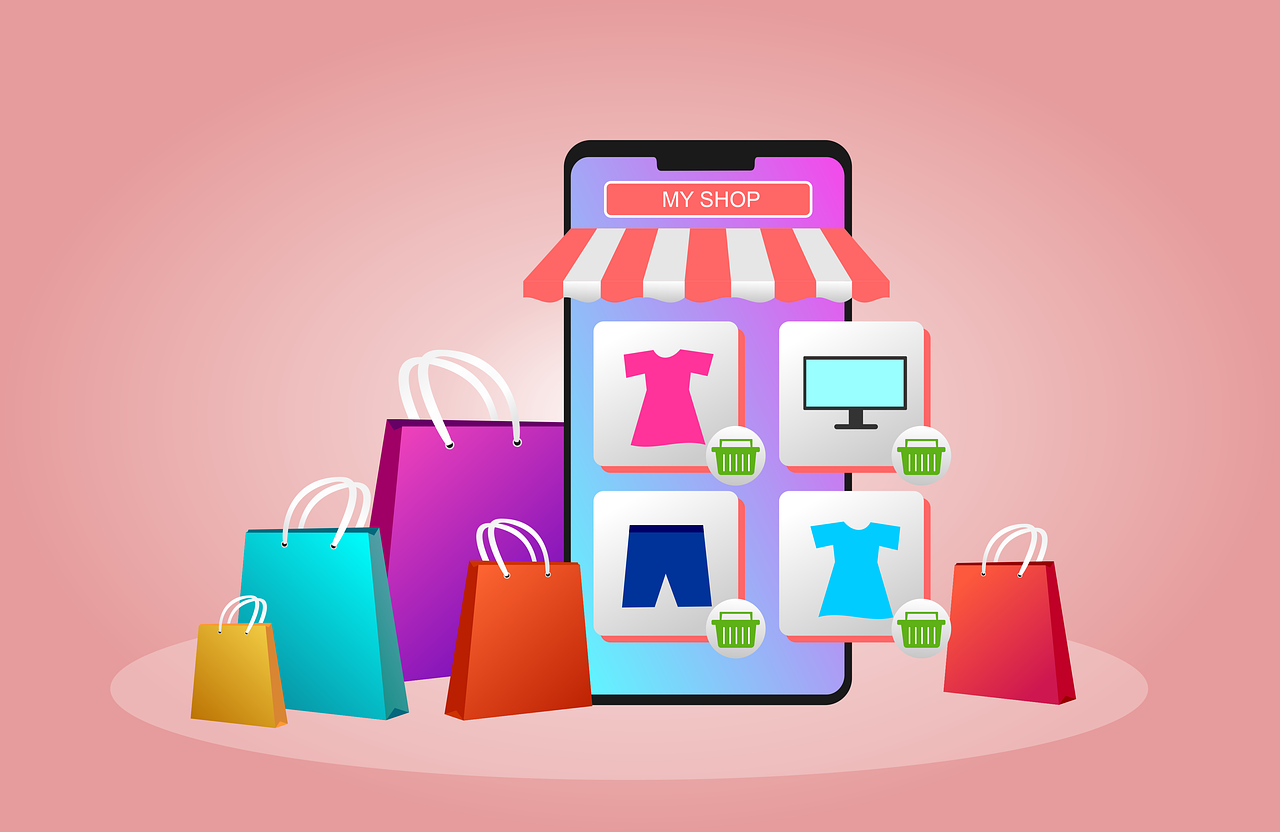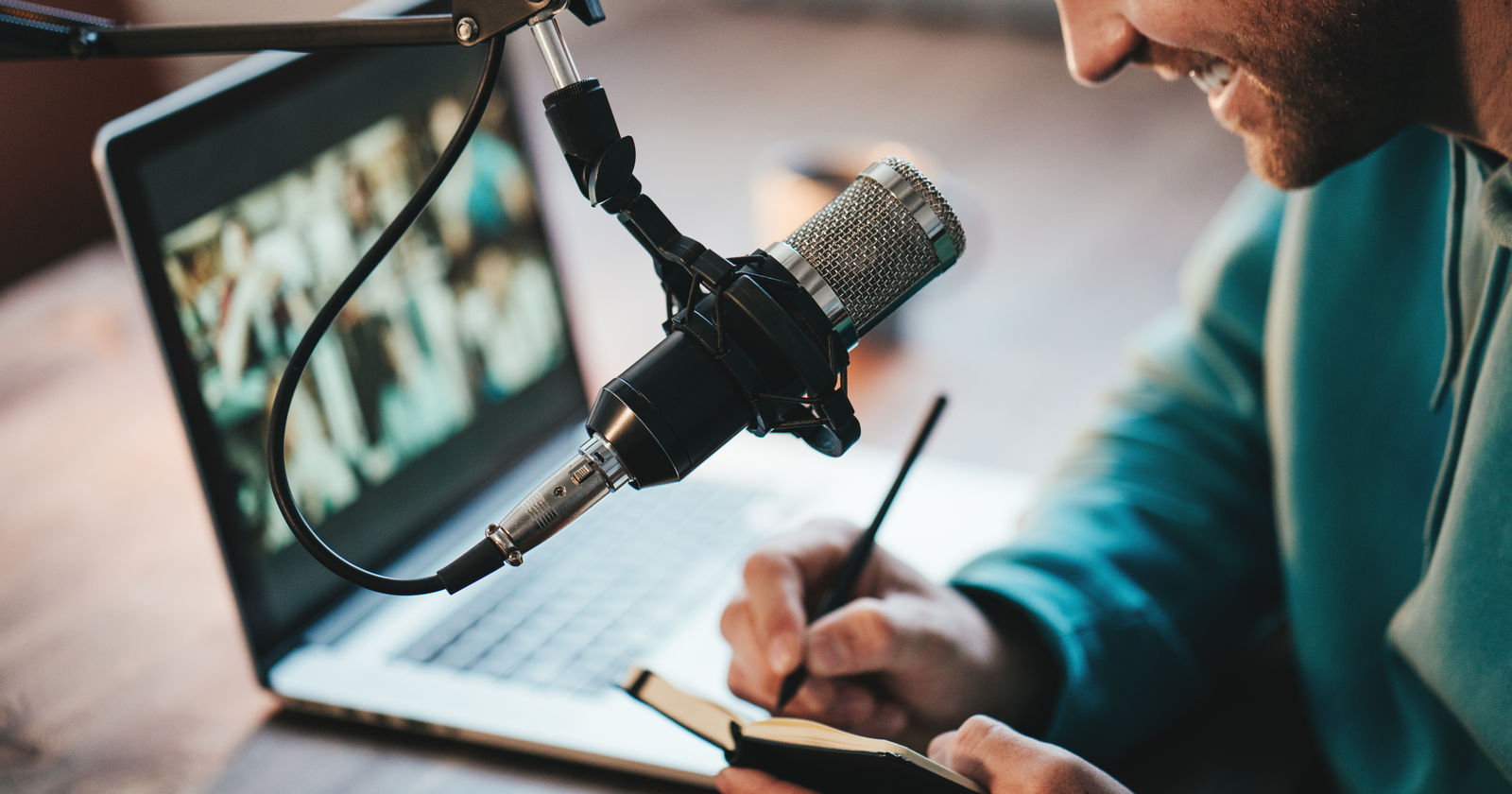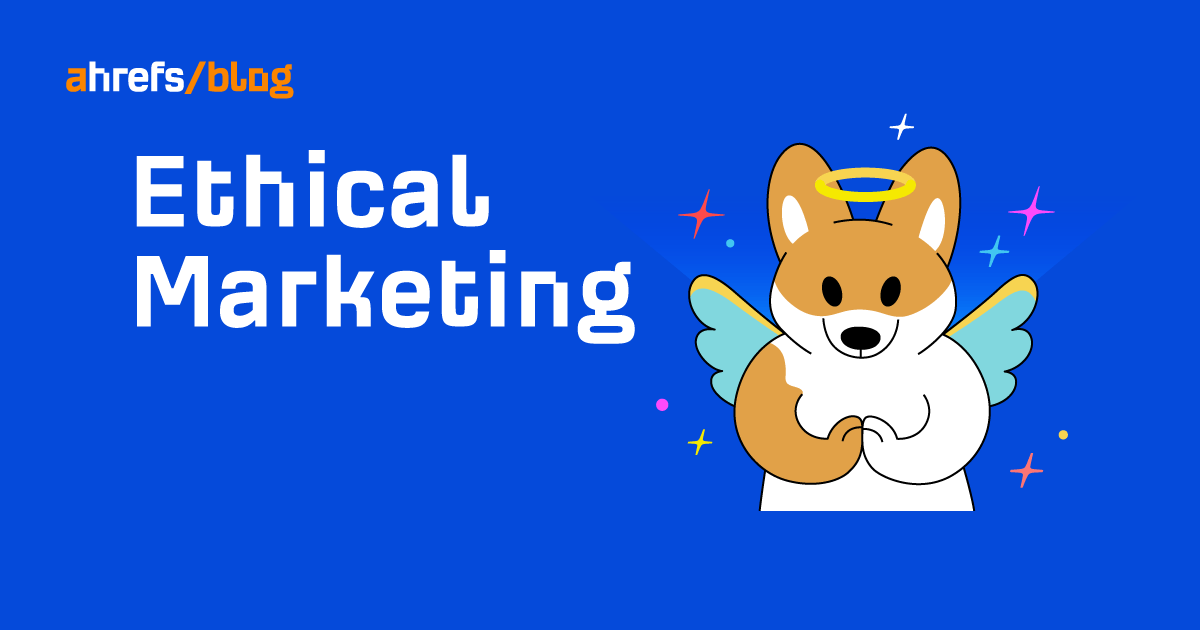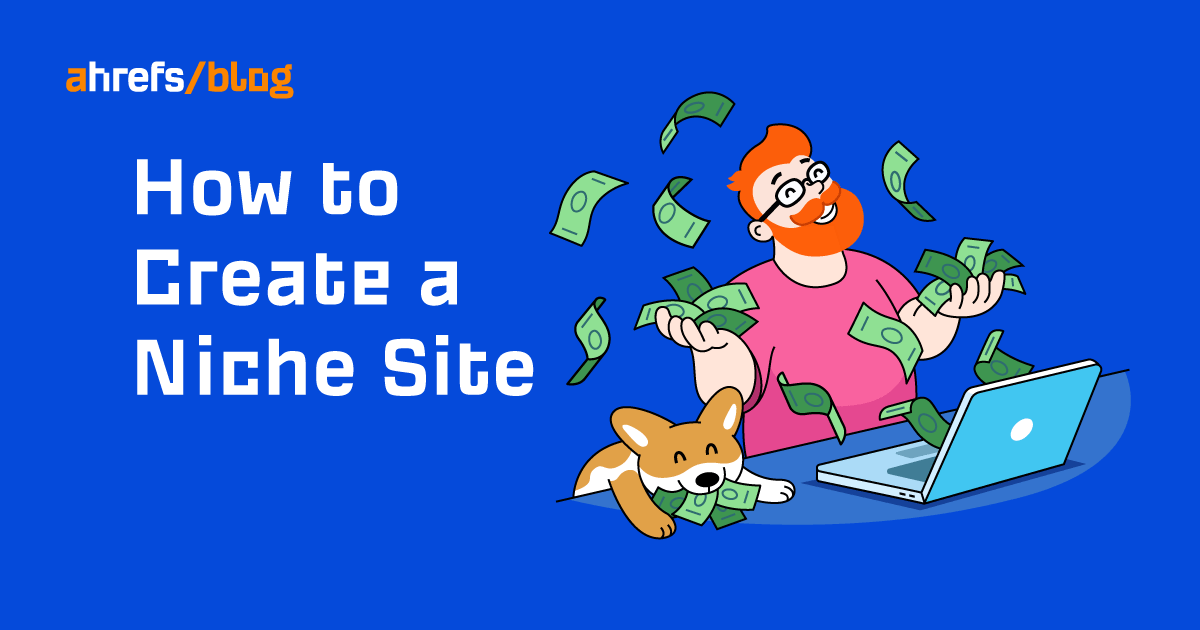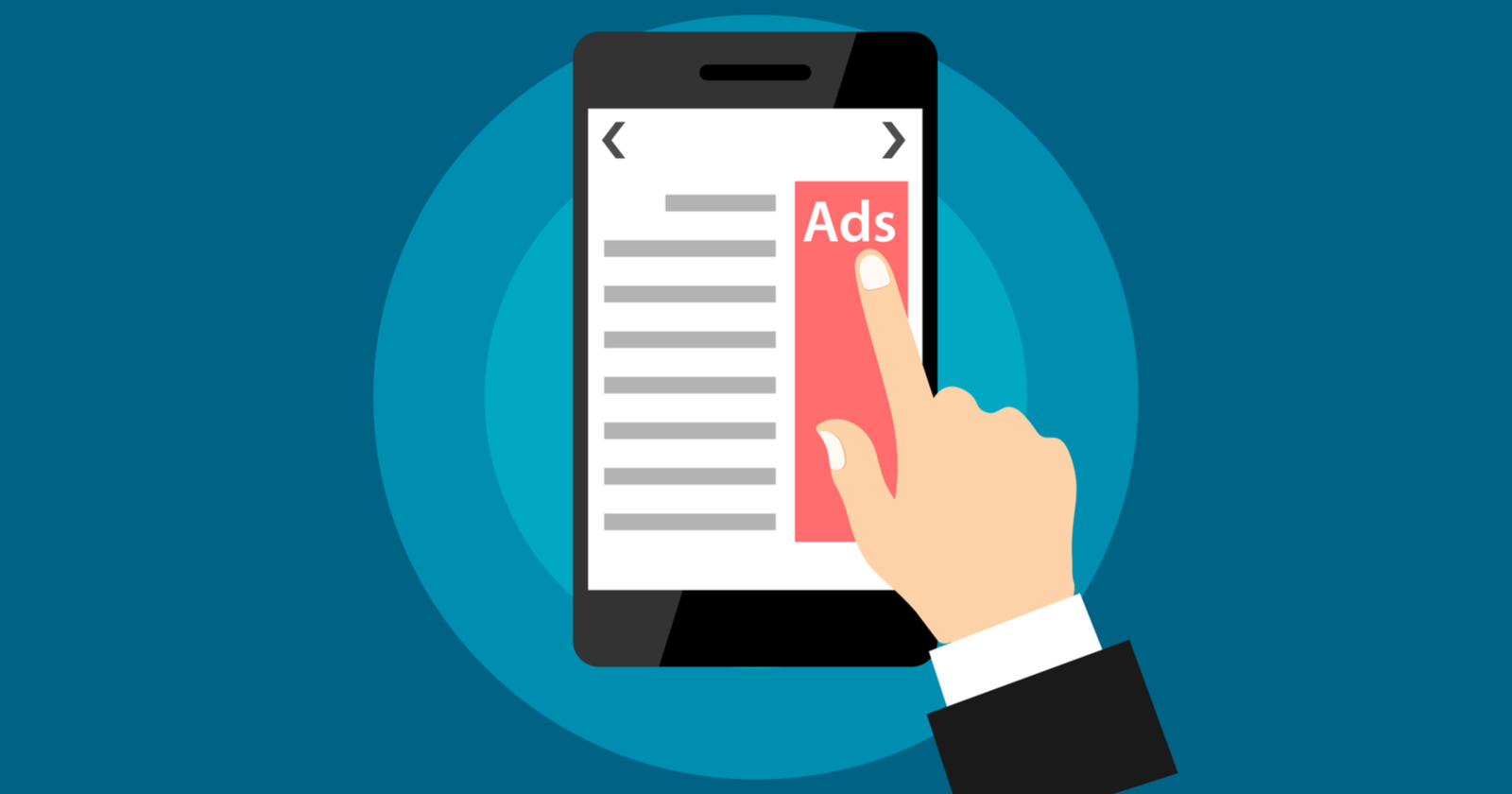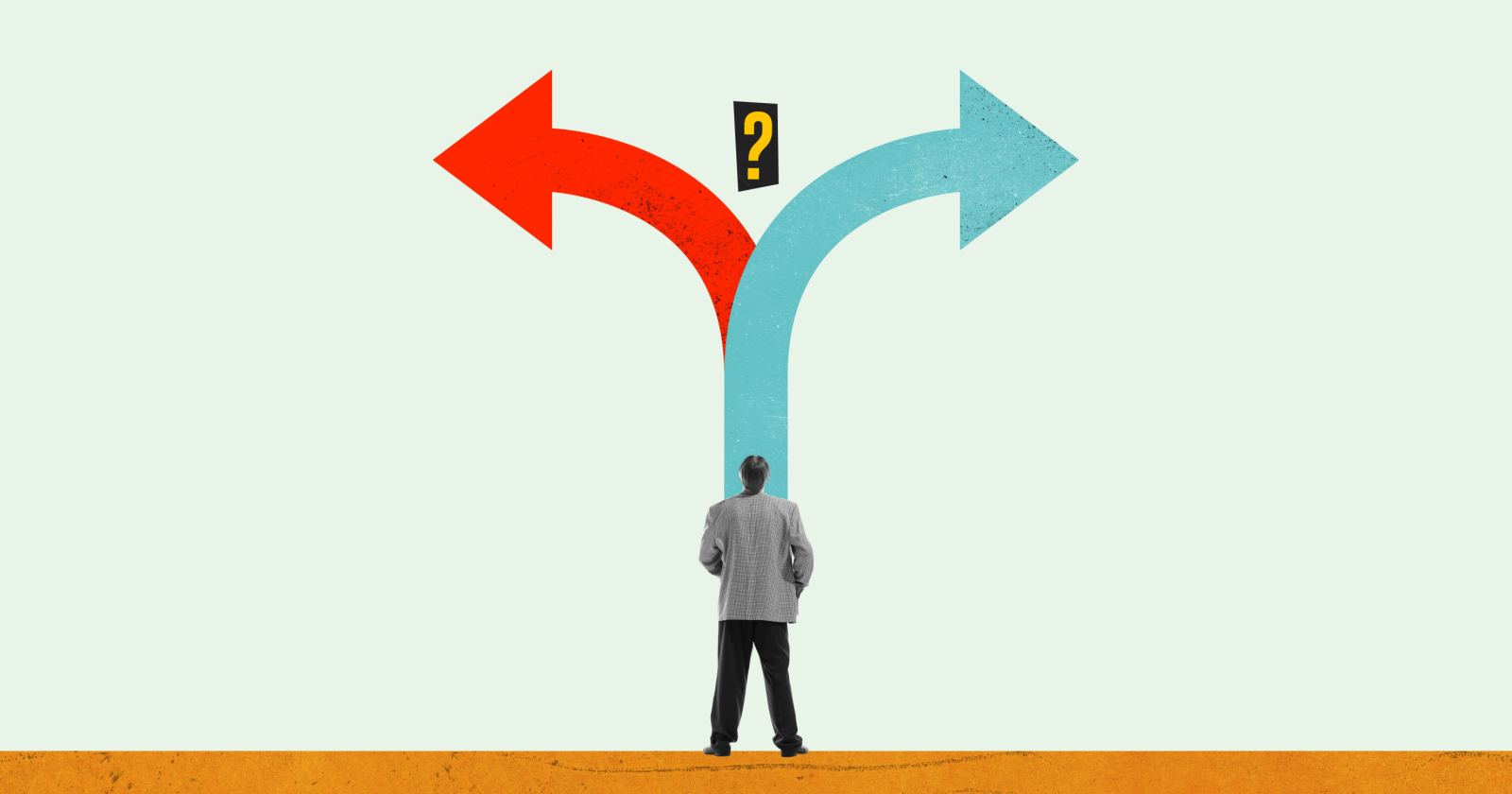DALL·E 3 Coming To ChatGPT, Bing, And Microsoft Designer via @sejournal, @kristileilani
Learn about DALL·E. 3's features, when it will arrive, and how to opt your content out of training data for future OpenAI image generation models. The post DALL·E 3 Coming To ChatGPT, Bing, And Microsoft Designer appeared first on...
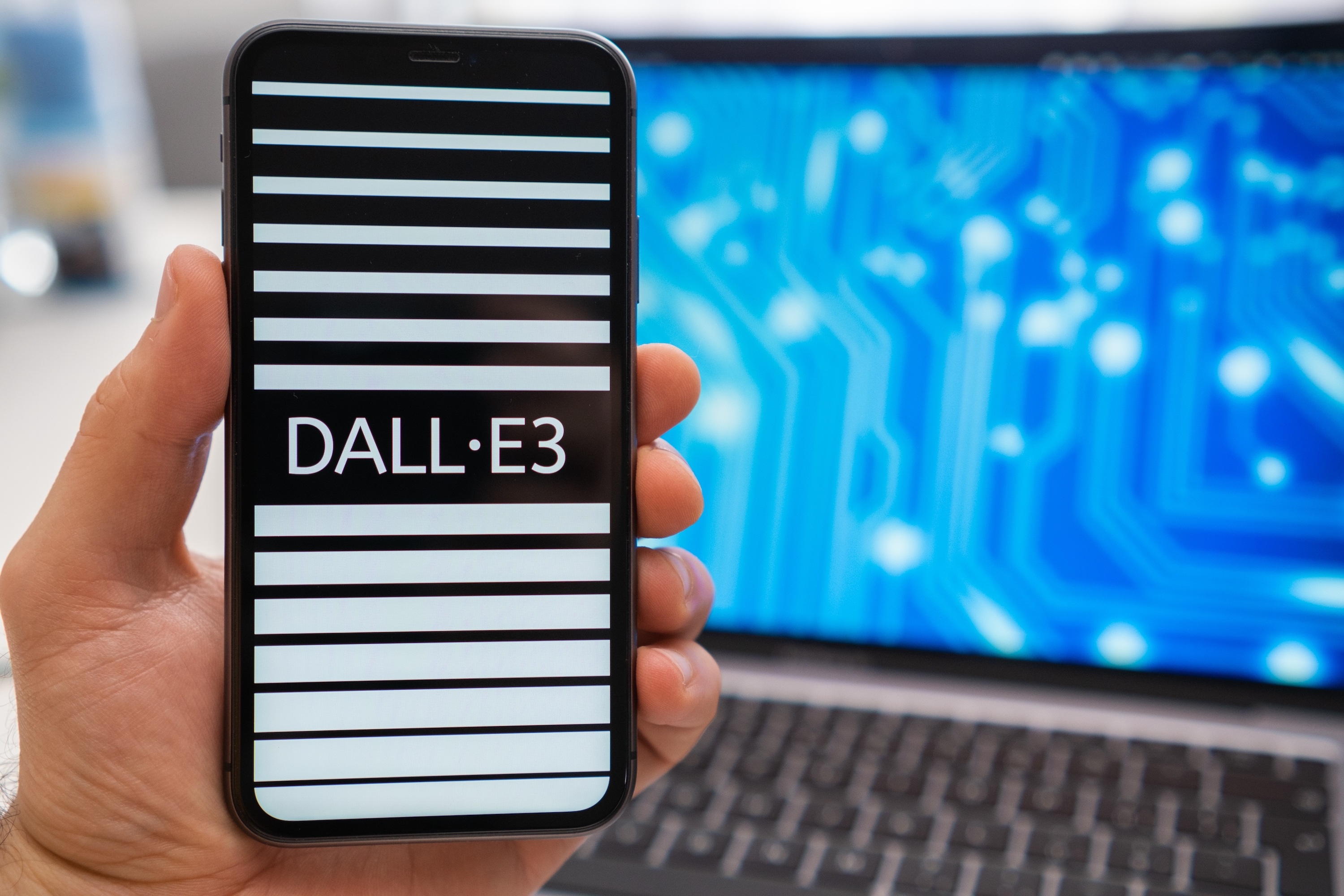
OpenAI recently shared details about DALL·E 3, the latest version of the text-to-image AI system, set to arrive this fall on ChatGPT Plus, ChatGPT Enterprise, Bing’s AI Image Creator, and Microsoft Designer.
This update promises improved image accuracy, greater nuance, and attention to user input text.
What’s New With DALL·E 3
Previous iterations of DALL·E required users to fine-tune their prompts through a process known as prompt engineering.
DALL·E 3 aims to eliminate that hassle by generating images that adhere more closely to the user’s initial text instructions.
For instance, where DALL·E 2 might render a vaguely nebulous basketball player, DALL·E 3 will create a more expressive, precise representation based on the text provided.
Huge news: @OpenAI DALL-E 3 will soon available in ChatGPT Plus and ChatGPT Enterprise 🤯
This latest DALL-E model is absolutely incredible, I have been blown away by what it is able to generate. pic.twitter.com/eTWzxiOHgB
— Logan.GPT (@OfficialLoganK) September 20, 2023
The new system builds upon ChatGPT, allowing seamless interaction between the text and image platforms.
Users can engage ChatGPT as a “brainstorming partner” to refine their image ideas. If a user likes a generated image but wants minor changes, a conversation with ChatGPT can produce those alterations with a sentence or two.
DALL·E 3 Safety Mechanisms
An added focus on safety mechanisms also distinguishes DALL·E 3. These include mitigations to prevent the generation of violent, adult, or hateful content.
Additionally, DALL·E 3 will decline to generate images that include living public figures or imitate the style of living artists.
These precautions were developed in collaboration with domain experts known as “red teamers,” who rigorously test the system for safety vulnerabilities.
Developers are also exploring ways to help users identify AI-generated images. They’re researching a “provenance classifier,” an internal tool that can recognize whether an idea originated from DALL·E 3.
This tool is in the experimental phase, but its development indicates a proactive approach to addressing misinformation and image manipulation issues.
When Will DALL·E 3 Be Available?
DALL·E 3 is slated to become available to ChatGPT Plus and Enterprise customers this October.
OpenAI plans to offer liberal licensing, allowing ChatGPT users to freely use, sell, or merchandise the images they create without requiring permission from the platform.
Microsoft also plans to add DALL·E 3 support to Bing’s AI Image Creator and Designer in the coming weeks.
Adding enhanced image quality with the support for the latest DALL.E 3 model ✅ #MicrosoftEvent pic.twitter.com/hLtVQS1VJO
— Bing (@bing) September 21, 2023
How Artists & Content Creators Can Opt Out Of DALL·E 3 Training
As with all AI models, DALL·E 3 learns its capabilities from a wide array of public data, including text and images. This learning process mirrors the way humans acquire knowledge.
For instance, after examining various pictures of cats, the AI can generate an entirely new, unique image of a cat—much like how a person might sketch a cat after seeing enough examples.
It’s essential to note that once these models have assimilated their training data, they no longer have direct access to it. When a user interacts with the model, it draws upon its internalized concepts rather than pulling from an external database.
OpenAI, in an attempt to address the ethical considerations around content ownership, has offered artists two ways to opt out of AI training.
Website owners can block the GPTBot, a web crawler designed to gather training data, from accessing their site. Adding GPTBot to the site’s robots.txt protocols can be a more efficient route for those with high volumes of images.
Alternatively, OpenAI provided a form for individuals to request the removal of their content from future training data sets.
It’s worth noting that OpenAI also acquires licenses to datasets, so if you’ve permitted third-party licensing on other platforms, filling out the form might not ensure complete removal.
The Future Of Content Creation With Generative AI
This update to AI-image generation from OpenAI represents another significant advancement for marketers and content creators.
While it will make graphic design accessible to more people, advances in this area open the door to more complex legal and ethical issues.
Featured image: Vladimka production/Shutterstock

 ShanonG
ShanonG 







